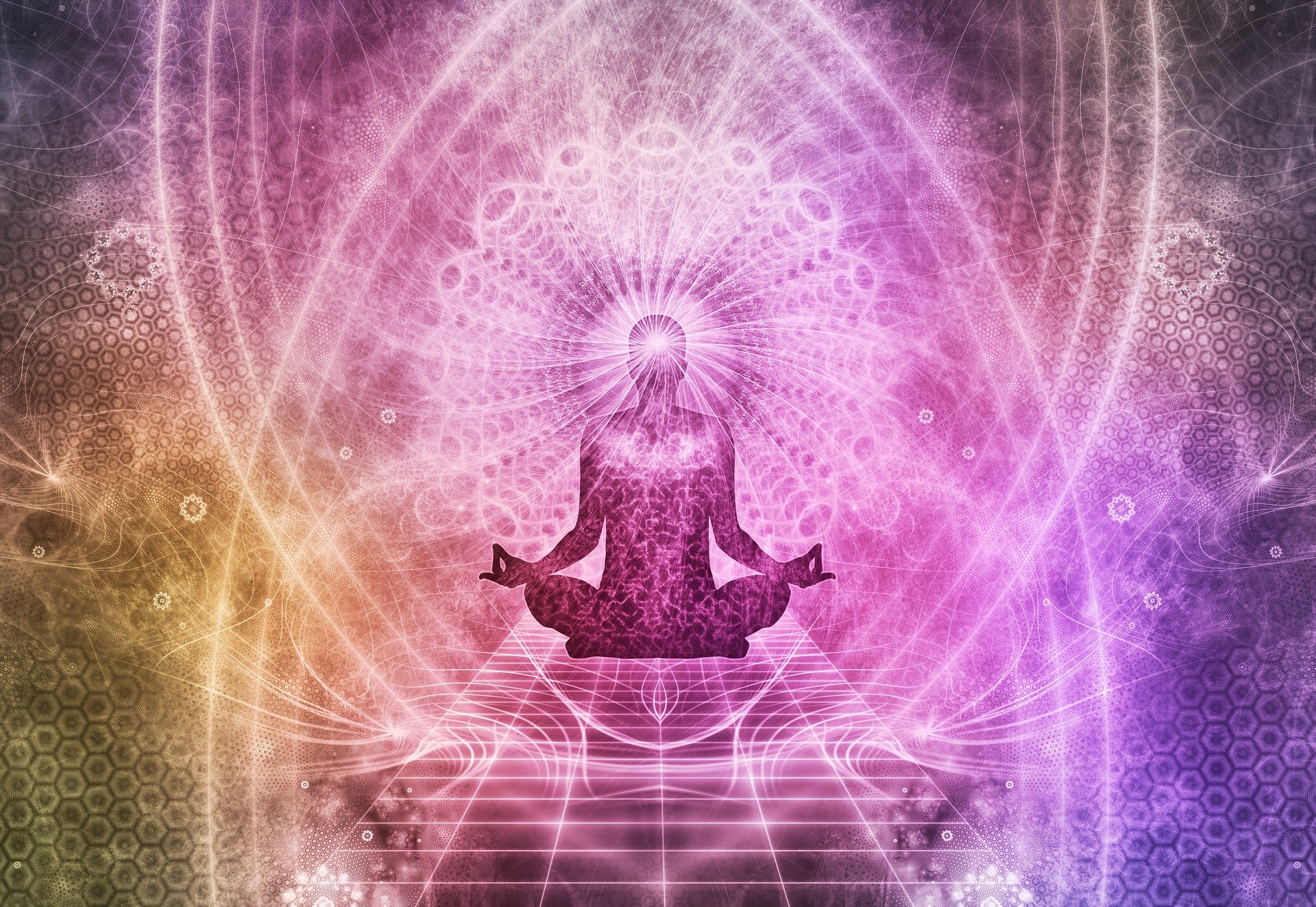
Detoxification, often shortened to ‘detox’, has become a buzzword in health and wellness circles. From juice cleanses to fasting protocols, various methods are touted as ways to detox the body. But what does science say about detoxification? In this article, we’ll demystify the concept of detox and highlight the body’s innate mechanisms for keeping us toxin-free.
1. What is Detoxification? Detoxification refers to the process of removing toxic substances from the body. These toxins can be external (like pollutants or chemicals) or internal (like metabolic by-products).
2. The Body’s Natural Detox Systems:
- Liver: Often termed the body’s primary detox organ, the liver filters and processes toxins from the blood, converting them into water-soluble substances that can be eliminated through urine or bile.
- Kidneys: These bean-shaped organs continuously filter our blood, removing waste products and excess substances which are then excreted as urine.
- Lungs: Through respiration, the lungs expel carbon dioxide—a waste product from cellular metabolism—along with other airborne toxins we might inhale.
- Skin: Sweat not only regulates body temperature but also helps in excreting waste products, making sweating a form of detox.
- Digestive System: The colon eliminates waste materials and toxins from the body through bowel movements. Additionally, certain gut bacteria can neutralize or transform dietary and environmental toxins.
3. The Detoxification Process:
- Phase I (Transformation): Here, enzymes, mainly in the liver, convert fat-soluble toxins into intermediate forms. These intermediates can sometimes be more reactive and potentially harmful.
- Phase II (Conjugation): This phase makes the intermediates from Phase I less harmful. The liver adds a compound (like glutathione or sulfate) to them, making them water-soluble.
- Phase III (Elimination): Now, these water-soluble compounds are safely excreted from the body through urine or feces.
4. The Debate Surrounding Detox Diets and Cleanses: While many commercial detox diets promise rapid toxin removal, scientific evidence supporting their efficacy is limited. Most nutritionists argue that a balanced diet, rich in fiber, water, and antioxidants, is sufficient for optimal detox function.
5. How to Naturally Support the Body’s Detoxification Process:
- Stay Hydrated: Water aids in cell function and helps kidneys filter toxins more effectively.
- Eat a Balanced Diet: Cruciferous vegetables, berries, and foods high in omega-3 fatty acids can support liver function and detoxification pathways.
- Limit Alcohol and Processed Foods: Excessive alcohol can damage the liver, and processed foods may contain additives and preservatives that can be taxing to detoxify.
- Regular Exercise: Physical activity promotes blood circulation, helping to transport toxins to the appropriate organs for elimination.
Conclusion:
While the body is equipped with robust systems to handle toxins, our modern environment and lifestyle can sometimes increase our toxic load. Rather than relying on unproven detox diets, a holistic approach to health—comprising a balanced diet, ample hydration, regular exercise, and limiting exposure to environmental toxins—is the best way to support the body’s innate detoxification mechanisms.
